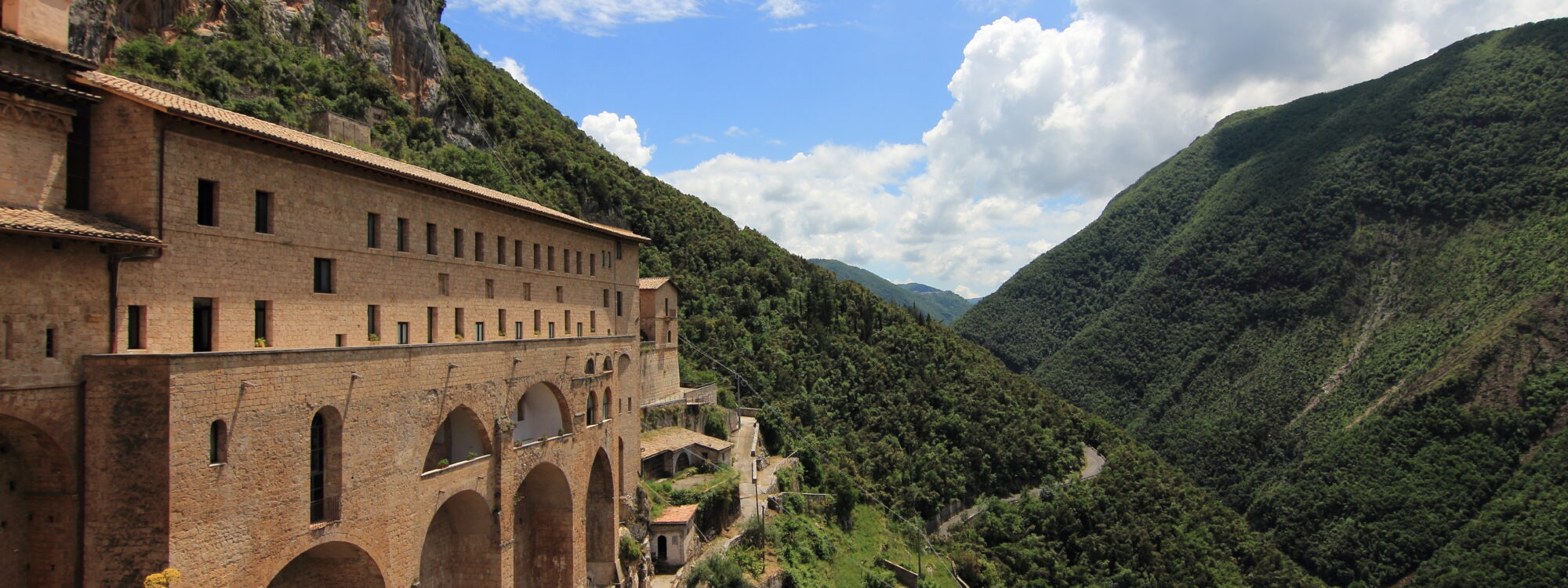Talking about forests
The Forest as an Epistemological Tool in High Medieval Southern Italy
Actions stem from words. The way we talk about forests today influences how we treat them now and in the future. Language carries with it the thought patterns and arguments from the past. The Talking about Forests project focuses on a crucial historical period and region that shaped the discourse on forests—High Medieval Southern Italy. It was here, during the early Middle Ages, that many of the ways of discussing forests, which have since become fundamental elements of Western forest discourse, were formed. Southern Italy served as a meeting point for different cultures and scientific traditions, at the crossroads of the Mediterranean world between the 9th and 12th centuries. Here, many Greek and Arabic texts that would later form the foundation of Western natural science were translated; at the same time, the Latin tradition of antiquity also thrived. At the center of this translation work and scholarly discussions were monasteries such as the Latin Montecassino and the Greek Grottaferrata, which are central to this study. These same monasteries were also active in the exploitation of forests, an activity that greatly increased during this period. The favorable climate conditions of the Medieval Warm Period (ca. 900–1300) led to a rapid population increase in Europe, which resulted in large-scale forest clearing for agricultural land. Monasteries played a key role in this clearing work. They oversaw monks, farmers, and, in part, the warrior nobility who carried out the practical work. Thus, the study of monasteries like Montecassino and Grottaferrata offers insights not only into abstract concepts of forests but also into how these concepts were implemented in practice. The Talking about Forests project unpacks this complex issue. Through a diverse range of sources, we examine how forests were portrayed in the texts written, translated, and read in Southern Italy. We ask how people of the time legitimized their actions towards forests and, ultimately, at what point concerns about the harmful effects of human activity began to emerge in the texts.
The project is funded by the Kone Foundation (2024–2027). The research team: Teemu Immonen (PI), Anni Hella, Outi Kaltio, and Ned Schoolman
